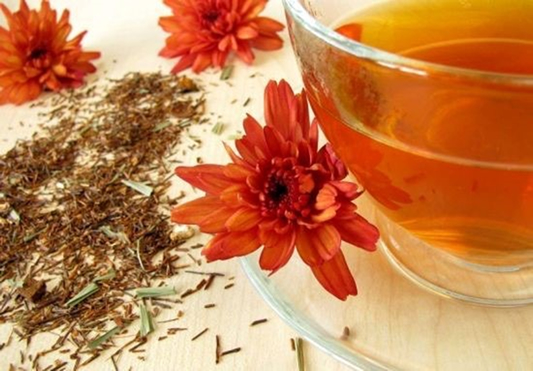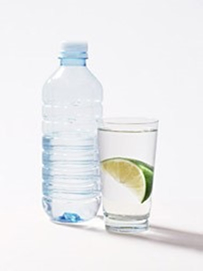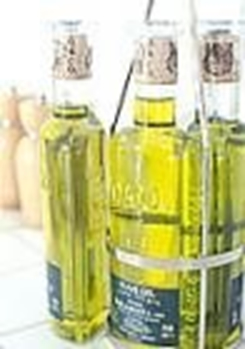Posted on Organic Facts
https://www.organicfacts.net/health-benefits/vegetable/nopales.html
 Health Benefits of Red Rooibos Tea
Health Benefits of Red Rooibos Tea
- – Continued from Health Benefits of Red Rooibos Tea ①.
Good for Skin: The alpha hydroxy acid and zinc content of red tea are very good for the skin. You can also try applying some red tea powder directly to the skin to relieve acne, pimples, sunburns or related skin conditions. Alpha-hydroxy acids are not found naturally from too many sources, but in terms of cosmetic products, it has become very popular, particularly because it can reduce the signs of wrinkles and other premature aging symptoms. Also, they are commonly found in chemical peels, which revitalize the skin and leave it fresh and invigorated with a healthy glow. However, there has been some controversy about commercial uses of alpha hydroxy acid, so it is always better to get it from a natural source, like red rooibos tea!
Kidney Stones: Even people with kidney stone problems can drink as much red rooibos tea as they want as there is no oxalic acid in the beverage. Many times, people with kidney stones are discouraged from drinking too much tea of other varieties because of that exacerbating ingredient. Oxalic acid is a crystal-forming substance, so it can make the presence of calcium stones or other painful growths in the kidney even worse by making them larger. That won’t be a problem with rooibos tea!
Antispasmodic properties: The tea is rich in antispasmodic agents, which can ease severe stomach cramps and abdominal pains. This is mainly due to the activation of K+ (potassium ions) in the body without antagonizing the activities of Calcium. Together, this can reduce the presence of hyperactivity in the gastrointestinal tract, preventing diarrhea and other intestinal issues.
Allergies: In many parts of South Africa, red tea is used as an effective curative to treat allergies like eczema, hay fever and allergy-related bronchitis. It has anti-inflammatory qualities, thanks to its phenolic content, and this is why it is also prescribed for asthma and topical allergic reactions of various types throughout the body.
Premature aging: The antioxidants present in rooibos tea slow down the human aging process and they also boost the strength of the immune system. Antioxidants seek out the free radicals that damage skin, hair, bones, and other organ systems by making them vulnerable to disease and degeneration. Rooibos tea is one of the most potent beverages in terms of antioxidant content. It also has anti-aging effects in terms of cognitive ability, because it reduces the impact of oxidative byproducts in neural pathways, stimulating concentration and focus!
Great beverage: Red rooibos tea is an excellent thirst quencher and does wonders for active people like professional athletes, hyperactive children and those who travel often, whether for pleasure or business. Most people prefer to drink rooibos tea in its natural form without any sweeteners, and those who simply want a refreshing drink without a caffeine boost, rooibos is the ideal choice.
Rare nutrients: Rooibos tea is said to contain rare nutrients like Quercetin and Bioflavanoids that assists in good blood circulation and obstructs hemorrhaging.
A Few Words of Caution: Despite all of these health benefits of rooibos tea, there can be a downside for some people. Since rooibos is so powerful, it can interfere with treatments for various conditions, including chemotherapy for cancer patients. Also, rooibos has shownestrogenic activities in certain studies, so it might not be a good idea to use if you have a hormone-sensitive cancer like breast cancer. Finally, if you have existing kidney or liver conditions, rooibos might be more harmful than helpful. It should be used as a preventative measure for these conditions, not a cure. Make sure you speak to your doctor before adding any new dietary elements or beverages to your normal routine, particularly one as powerful as rooibos tea!
Other than that, enjoy and drink to your good health!
Organic Facts: Health Benefits of Red Rooibos Tea
https://www.organicfacts.net/health-benefits/vegetable/nopales.html


